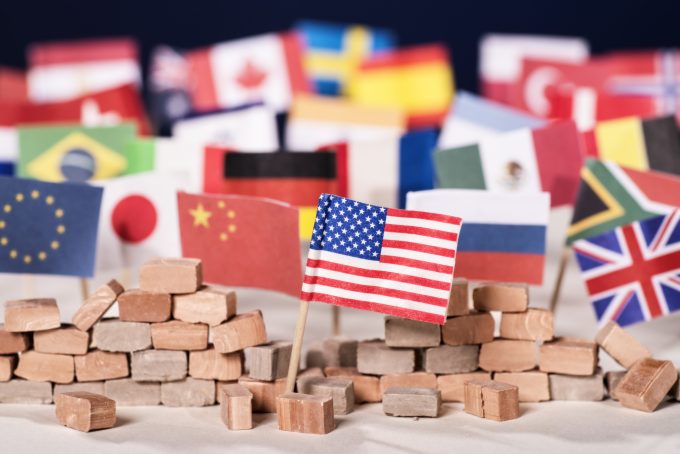Trump second term would pose a 'destructive risk to the container market'
The prospect of Donald Trump winning the forthcoming US presidential election ought to put the ...

Brexit, the rising tide of protectionism and other geopolitical changes will present opportunities for adaptable companies, according to trade experts.
“Brexit is a leap in the dark,” said Garry Honey, founder of Chiron Risk at this week’s Cool Logistics seminar on the impact of Brexit.
“The UK is going into negotiations in a very weak position and telling 65m people not to worry.”
But he added: “Risk is not necessarily a bad thing. A lot of people thrive on it – investment bankers, ...
US tariffs and trade war will result in 'Covid-like' shortages and layoffs
Ecommerce air traffic to US set to grind to a halt as de minimis exemption ends
Where will the freighters go as capacity shifts from tariff-hit China-US lane?
Apple logistics chief Gal Dayan quits to join forwarding group
Congestion and rising costs at Europe's box ports to last into summer
Maersk u-turn as port congestion increases across Northern Europe
Widespread blanked sailings stave off major collapse of transpacific rates
Transpac rates hold firm as capacity is diverted to Asia-Europe lanes


Comment on this article